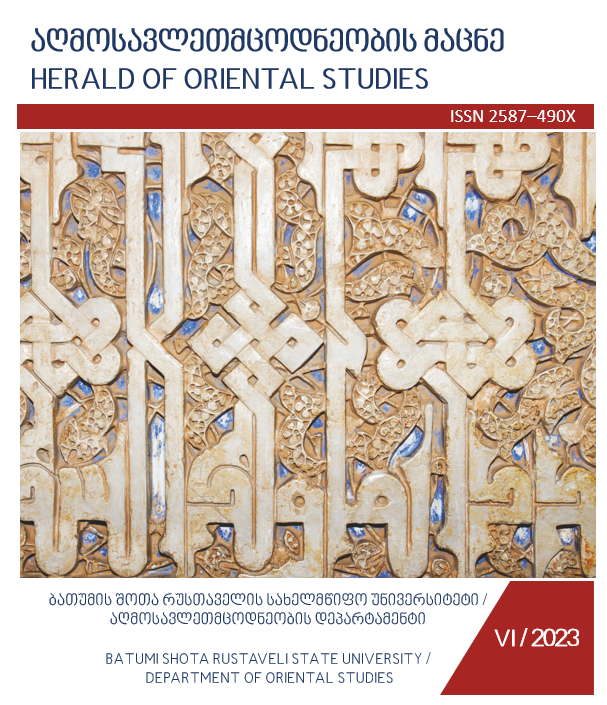The Society of Jesus in the 16th century Ottoman Empire
DOI:
https://doi.org/10.61671/hos.6.2023.6779Keywords:
Ottoman Empire, Europe in the 16th century, Society of Jesus, Society of Jesus in the Ottoman EmpireAbstract
The reforms started in the XVI century as well as the religious wars placed the Roman Catholic Church in a difficult situation. The
pope was forced to adopt counter-reforms that in the first place,implied the renewal of Catholicism. The driving force of the
fight against the counter-reformation was the Society of Jesus (the Jesuits) that was founded by a Spanish Basque Catholic priest and theologian Ignatius of Loyola (1492-1556). On September 27, 1540 pope Paul III, original name Alessandro Farnese (1534-1549) approved the society of Jesus by the papal bull “regimini militantis ecclesiae.” They modified the ideas and methods of cultural humanism in accordance with their goals and expeditiously spread across the entire catholic world. From the XVI century, the Order also penetrated the Ottoman Empire, specifically into Hungary, where Suleiman I (1520-1566) ruled and the empire was at the zenith of its power. The Jesuits have deeper roots in the Ottoman Empire since the XVII century.
Within the report, the emphasis will be made on the unrest that took place in the 16th Ottoman Empire. Such as on the anti-ottoman
activities held by the Society of Jesus whose secret palm-greasing practices reached the Imperial Divan of Sultan. It is interesting to note the specific purpose for which the Pope sent the Jesuits, his religious guards, to the Ottoman Empire, which led in the oppression of Christian clergy and adoption of brutal laws by the Sultan. Also, as far 47 as possible, we conveyed to the Jesuits the patronage of the French embassy in Istanbul and, a little later, about the confrontation.
Downloads
Downloads
Published
How to Cite
Issue
Section
License

This work is licensed under a Creative Commons Attribution-ShareAlike 4.0 International License.


































